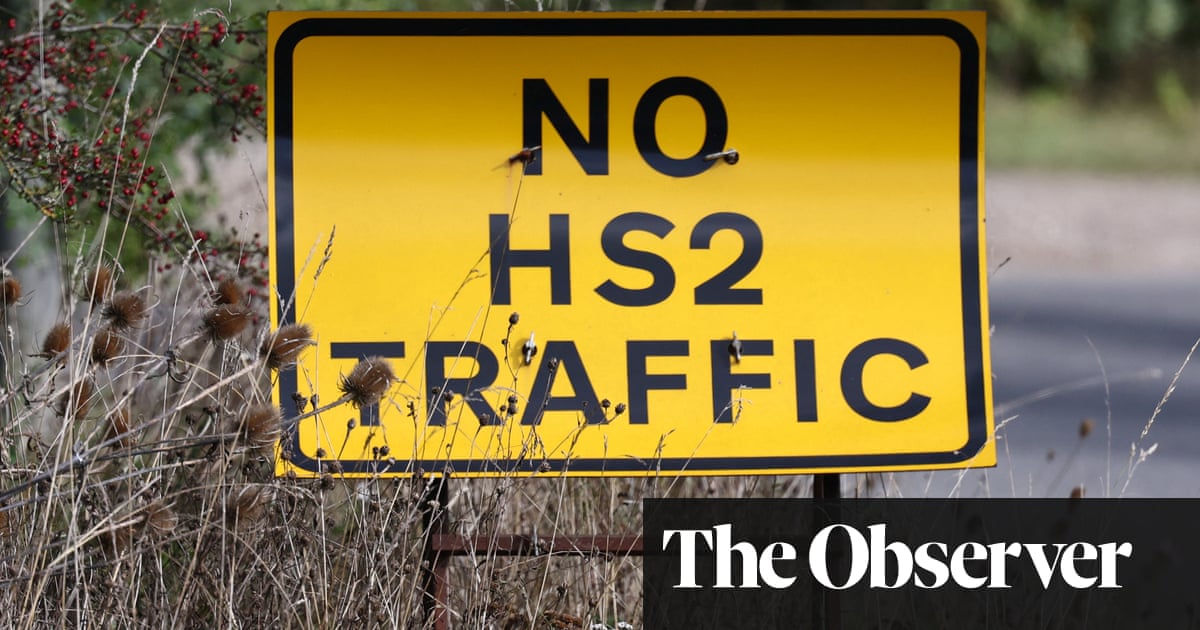
While millions of households struggle with soaring costs and the government rejects any demands for pay rises, the bankers’ bonuses are back, alongside plans to unleash City bosses’ pay as part of a post-Brexit deregulation agenda, much like the one that paved the way to the 2008 financial crash. Under the guise of “international competitiveness”, the City and the government are seeking to double down on a finance-led economy that serves global financial markets rather than supporting communities and the green transition.
In June, the then Treasury minister John Glen outlined his vision for an “advanced financial services sector that is globally competitive”, starting with plans to introduce a new competitiveness objective for regulators. The new chancellor, Nadhim Zahawi, is expected to showcase this vision for financial regulation in his speech to bankers at a lavish dinner at Mansion House tonight, before introducing legislation to parliament tomorrow. Despite the Tory leadership turbulence, it seems that whichever combination of prime minister and chancellor takes over, they will firmly support the City. The reason the finance industry has spent a decade lobbying for this is so it can argue that all the activities it does in the name of profit are to increase international competitiveness – think mortgage mis-selling, money laundering and excessive risk-taking. We only have to turn the clock back to 2008 to see what chasing the “competitiveness” of the finance sector does to our economy.
Regulators don’t want to be undermined by being tasked with becoming cheerleaders for the City. The Bank of England governor, Andrew Bailey, has expressed his concern over the “call-in power” in the new legislation that would allow the Treasury to overrule regulators on key decisions. The Bank has already butted heads with the Treasury over plans to rip up rules for insurance companies, which would make our financial system more risky.
This deregulation agenda comes on top of an already fragile economy, with consumer credit at a 17-year high as low-income households get deeper into debt just to cover the essentials. If financial institutions are allowed to pile ever more expensive debt on to struggling households and small businesses, we will see a wave of insolvencies, potentially a deep and long-lasting recession exacerbating inequality, and more and more families going cold and hungry.
How is the government getting away with being such a champion of big finance? The starting point is the enormous power the finance sector already has within Westminster, with direct financial ties, lobbying access and the revolving door it maintains with the public sector. In 2020 and 2021, financial institutions and individuals closely tied to the sector donated more than £15m to political parties. Close to a third of Treasury minister meetings are with financial institutions and their lobbyists, which is far more than any other industry or interest group. Every single chancellor of the exchequer in the past 40 years has taken on a private finance role after leaving office.
The sector has also become extremely skilled at developing myths about its own importance, managing to convince powerful interests that a bloated financial system is essential to a thriving UK economy. Of course, the opposite is true: financial institutions claim to be helping vulnerable customers by keeping branches open during the pandemic, while simultaneously undertaking the biggest bank closure scheme ever. They present themselves as the solution to environmental breakdown, while continuing to pour tens of billions of pounds into fossil fuels. They claim they provide investment that creates jobs across the country, but in reality less than 5% of bank lending is to small and medium-sized businesses, and they have a record of pushing them into insolvency. Taken alongside the fact that they are still “too big to fail”, support for the City isn’t faltering in the halls of power.
What is mildly reassuring is that the group of cross-party MPs tasked with overseeing the new regulatory framework is determined not to be pushed into supporting a race to the bottom. But a government relentlessly pushing a light-touch agenda could eventually be successful because, let’s face it, finance is still the main game in town. The alternative is facing the reality that the UK’s economic model of an oversized finance sector run on speculative asset bubbles, property prices in the south-east of England, and the financialisation of all our public assets is fundamentally broken.
Confronting this would mean the Bank of England and the Treasury working together to shift bank lending out of property and speculative activities, such as driving up the cost of food when people can’t afford to eat. Credit should instead be directed into a green transition, delivered by an ecosystem of cooperatively or publicly owned banks that are embedded in communities across the country, and that lend based on local needs rather than what makes shareholders the most money. A safe form of digital money provided by the Bank of England for ordinary people to make payments could end too-big-to-fail banking, and be implemented through a network of Post Office banks, reversing the decline of in-person banking.
The opportunities and ideas are there. What’s missing? Political leadership with the courage and ambition to take on the City of London, and win.
Fran Boait is executive director of campaign group Positive Money











